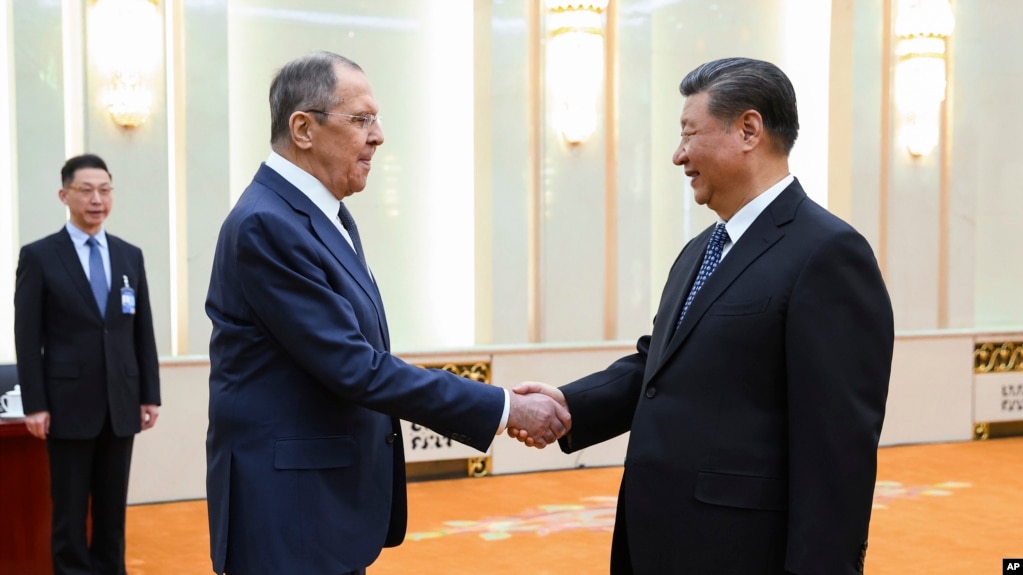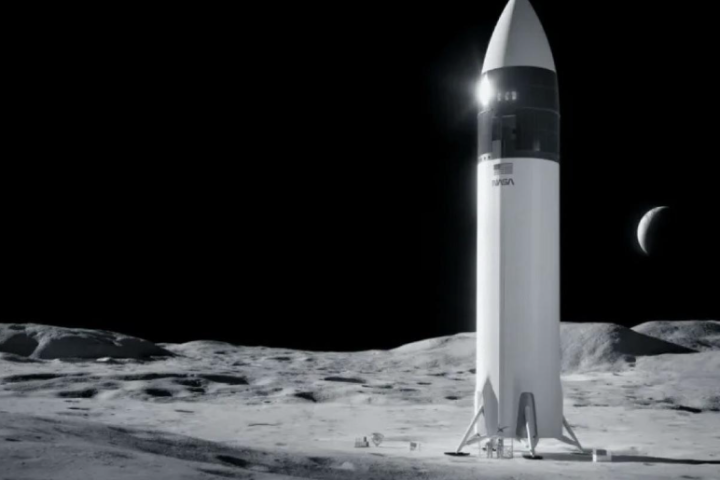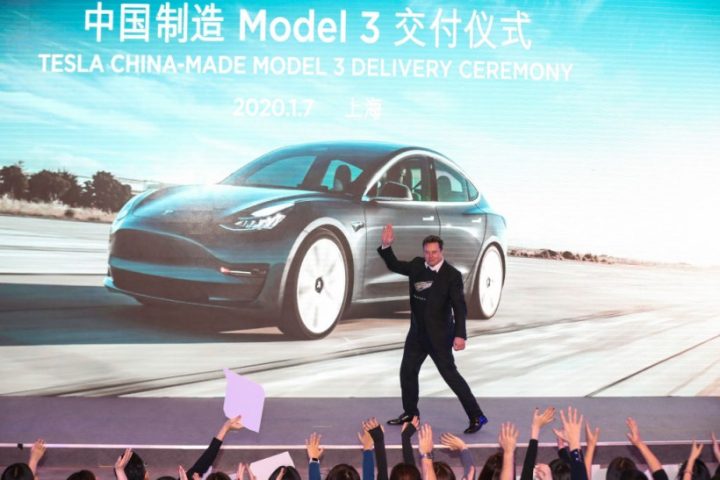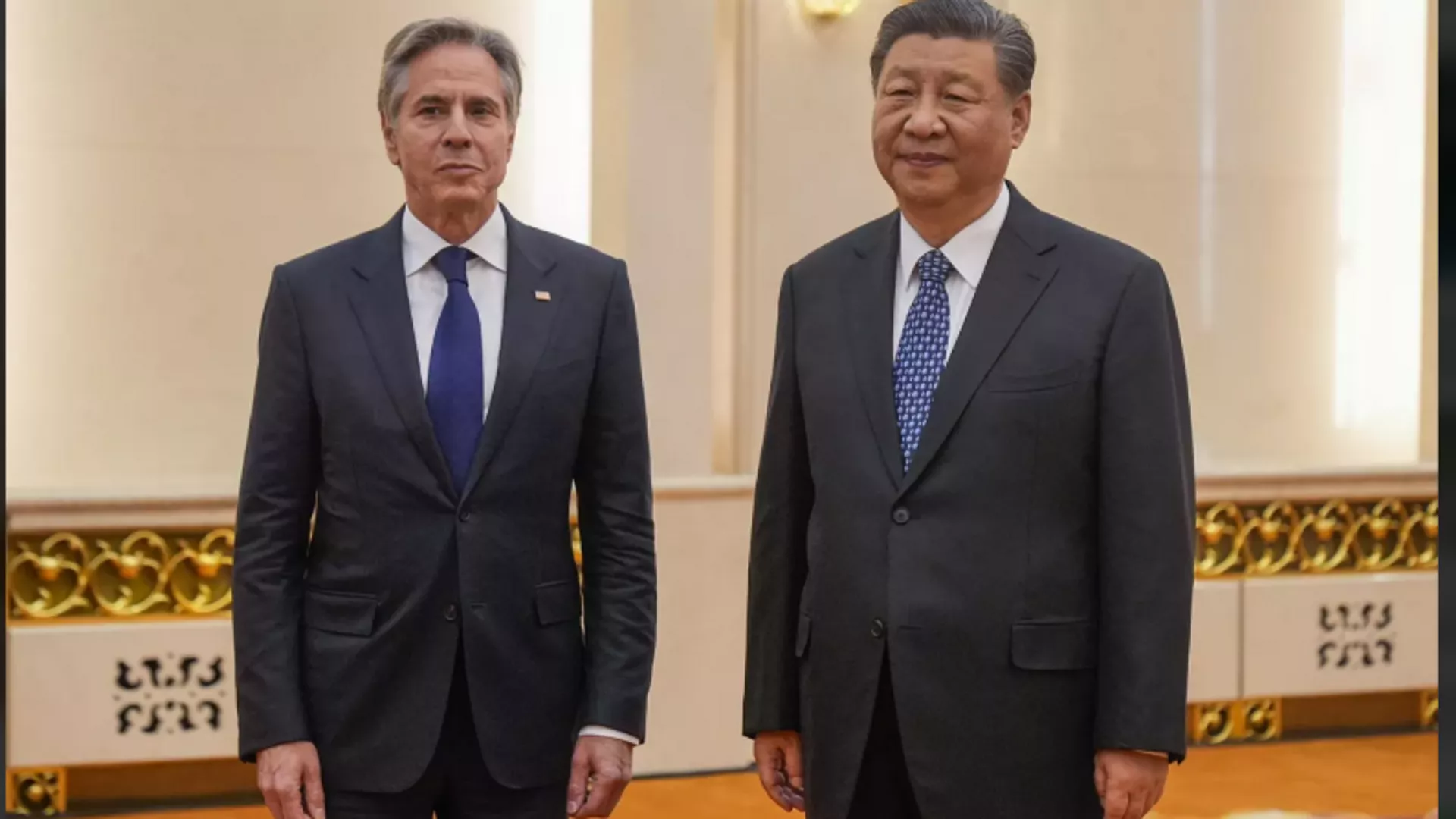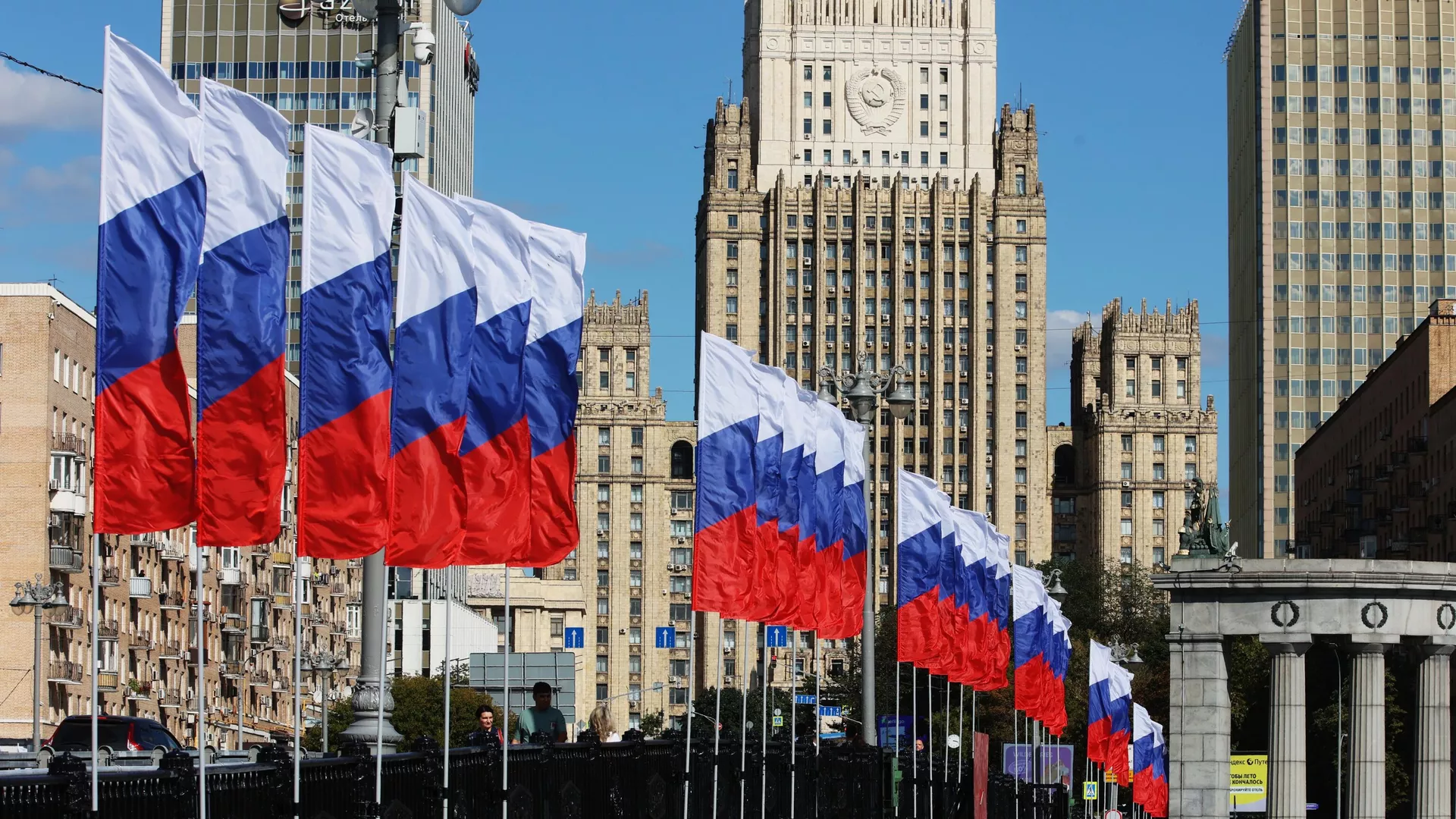According to a U.S. assessment reported as news, China has significantly increased its sales of machine tools, microelectronics, and other technologies to Russia. These technologies are reportedly being utilized by Moscow in the production of missiles, tanks, aircraft, and other weaponry used in the ongoing conflict with Ukraine.
Senior officials within the Biden administration, speaking on the condition of anonymity, revealed that in 2023, approximately 90% of Russia’s microelectronics were sourced from China. These microelectronics have been instrumental in the production of missiles, tanks, and aircraft by Russia. Moreover, nearly 70% of Russia’s machine tool imports, totaling around $900 million in the last quarter of 2023, originated from China.
In addition, there have been collaborative efforts between Chinese and Russian entities to manufacture unmanned aerial vehicles (UAVs) within Russia. Chinese companies are also suspected of supplying Russia with nitrocellulose used in ammunition manufacturing. Notably, specific Chinese companies like Wuhan Global Sensor Technology Company, Wuhan Tongsheng Technology Company, and Hikvision are reportedly providing optical components for Russian tanks and armored vehicles.
The officials further disclosed that Russia has received military optics from Chinese firms iRay Technology and North China Research Institute of Electro-Optics for use in tanks and armored vehicles. Additionally, China has been supplying Russia with UAV engines and turbojet engines for cruise missiles.
Russian customs data, analyzed by the Free Russia Foundation, indicates a significant increase in semiconductor imports from China, rising from $200 million in 2021 to over $500 million in 2022.
In addition to the aforementioned developments, Beijing is collaborating with Russia to enhance its satellite and other space-based capabilities, with potential implications for the conflict in Ukraine and broader European security concerns, according to officials. They noted that the United States, based on intelligence findings that have been downgraded, has concluded that China is providing imagery to support Russia’s actions in Ukraine.
These revelations come amidst anticipation of U.S. Secretary of State Antony Blinken’s upcoming visit to China for discussions this month. Blinken is slated to attend the Group of 7 foreign ministers meeting in Capri, Italy, next week, where he is expected to address concerns about China’s increasing indirect support for Russia as Moscow strengthens its military and seeks to solidify territorial gains in Ukraine.
President Joe Biden has previously expressed worries directly to Chinese President Xi Jinping regarding Beijing’s indirect backing of Russia’s war efforts.
While China has not furnished direct lethal military aid to Russia, it has lent diplomatic support, attributing blame for Russian President Vladimir Putin’s decision to wage war to Western provocations and refraining from labeling it as an invasion out of deference to the Kremlin.
Chinese authorities have consistently denied supplying arms or military assistance to Russia, emphasizing instead their robust economic ties with Moscow, alongside India and other nations, amidst sanctions from Washington and its allies.
Liu Pengyu, spokesperson for the Chinese Embassy in Washington, asserted, “The normal trade between China and Russia should not be interfered with or restricted.” He urged the U.S. to avoid denigrating or scapegoating the natural relationship between China and Russia.
In a meeting in Beijing on Tuesday, Chinese President Xi Jinping conferred with Russian Foreign Minister Sergey Lavrov, receiving commendations for his leadership.
Russia’s increasing economic and diplomatic isolation has heightened its dependence on China, a former rival for leadership of the Communist bloc during the Cold War.
U.S. Treasury Secretary Janet Yellen, recently returned from Beijing, disclosed that she cautioned Chinese officials about potential sanctions from the Biden administration against Chinese banks, companies, and Beijing’s leadership if they provide assistance to Russia’s armed forces in the ongoing conflict in Ukraine.
In December, President Biden issued an executive order granting Yellen the authority to sanction financial institutions aiding Russia’s military-industrial complex.
Yellen emphasized to reporters, “We continue to be concerned about the role that any firms, including those in the PRC, are playing in Russia’s military procurement.” She stressed that firms, including those in China, must refrain from supporting Russia’s war efforts, warning of significant consequences for those who do. Yellen also highlighted the risk of U.S. sanctions for banks facilitating substantial transactions involving military or dual-use goods destined for Russia’s defense industry.
Throughout the conflict with Ukraine, which has persisted for over two years, the United States has periodically declassified and publicized intelligence findings regarding Russia’s strategies and operations. These efforts have aimed to expose Russian misinformation campaigns and shed light on Moscow’s challenges in prosecuting the war against Ukraine, as well as its collaboration with Iran and North Korea to supply much-needed weaponry. Secretary Blinken previously highlighted intelligence indicating China’s contemplation of providing arms and ammunition to Russia.
The White House believes that the disclosure of these intelligence findings has, at least temporarily, dissuaded China from directly supplying arms to Russia. China’s economic recovery from the COVID-19 pandemic has also been sluggish, potentially influencing Chinese officials to be mindful of reactions from European capitals, which have maintained closer ties with Beijing despite complexities in the U.S.-China relationship.

